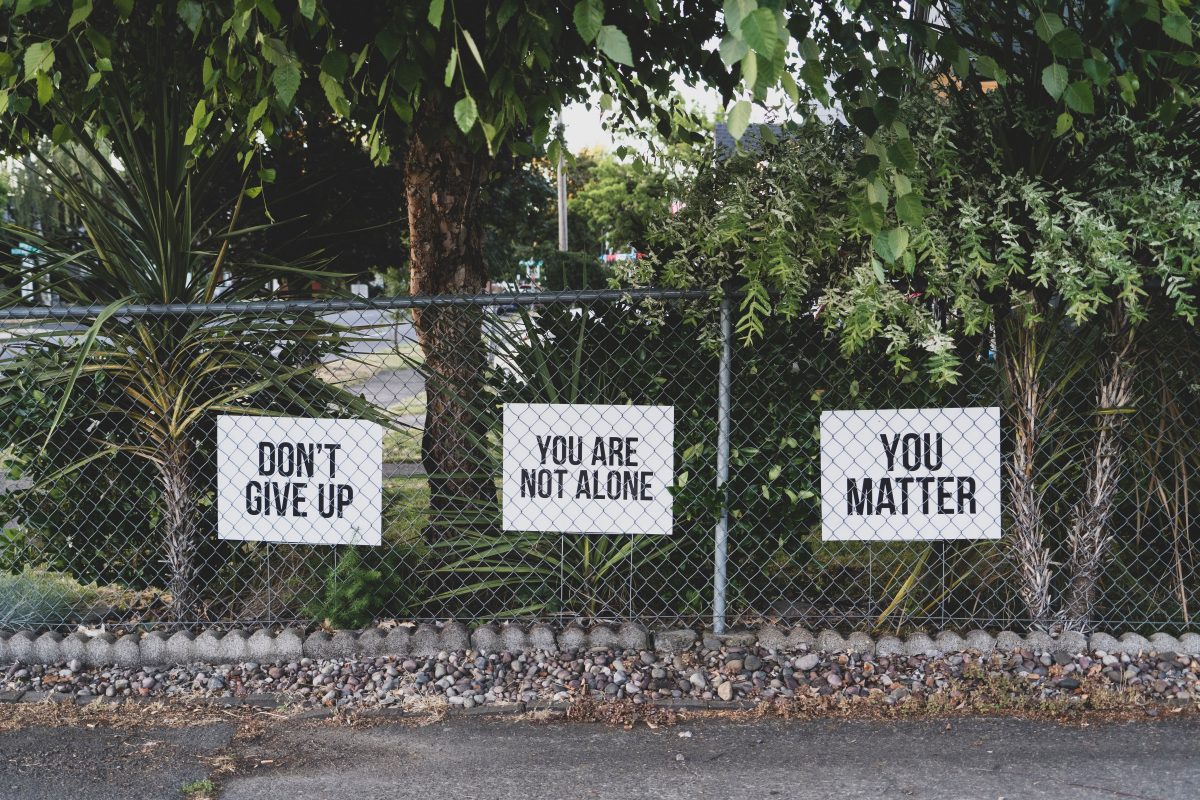Canada’s medically assisted dying (MAID) law is due to expand in March 2024
It will include mental health patients, including those suffering from substance abuse
Canada is due to legalise euthanasia for people addicted to drugs next year in a move activists are comparing to ‘eugenics’.
When the country’s law around medically assisted dying (MAID) changes in March 2024, mental health patients, including those with substance abuse issues with no physical ailments, will be able to seek assisted suicide.
A special parliamentary committee in the coming months is due to re-scrutinise the move ahead of the rollout, following differing opinions between political parties in Canada.”
More than 10,000 Canadians were euthanised in 2021, a tenfold increase over 2016 when the practice was legalised. Some cases have involved people experiencing poverty and wanting to die.”
Read the full report here: https://shorturl.at/cimsR

This news report is of concern and raises several issues.
The announcement of Canada’s impending expansion of the Medically Assisted Dying (MAID) law to include mental health patients, notably those suffering from substance abuse, has generated a flurry of debates across social, ethical, and legal platforms. This modification, scheduled to be instated in March 2024, signifies a remarkable divergence from traditional medical ethics. It raises several critical questions regarding the implications for society, the medical profession, and the individuals it aims to serve.
Ethical Concerns
One of the cardinal principles of medical ethics is the commitment to do no harm. However, the inclusion of drug addicts in the MAID law straddles a contentious line. While it is crucial to address the unbearable suffering that some individuals experience, the ethical dilemma arises concerning the irreversible nature of euthanasia and whether it aligns with the foundational ethics of healing and preserving life.
Eugenics Allegation
Activists’ comparison of this policy change to eugenics is perhaps an overstatement but not entirely unfounded. It invokes an uncomfortable reminder of historical instances where vulnerable populations were targeted under the guise of ‘mercy.’ It is crucial to address whether expanding the MAID law might inadvertently facilitate the marginalisation or oppression of vulnerable groups, including drug addicts.
Mental Health Focus
The consideration of mental health in assisted dying is relatively uncharted territory globally. The subjectivity associated with mental health conditions, including addiction, amplifies the complexity. The criteria for evaluating the severity and hopelessness of mental health conditions, especially substance abuse, warrant a robust and comprehensive framework to ensure that the law is not misapplied or exploited.
Political Divisions
The divisions between political parties in Canada on this matter mirror the multifaceted nature of this issue. This diversity in opinion underscores the need for a thorough and multidimensional examination of the topic, addressing all ethical, social, and legal implications. The parliamentary committee’s review will be instrumental in illuminating the potential consequences of the law’s expansion and exploring mitigative strategies.
Case Precedence
The tenfold increase in euthanisation cases from 2016 to 2021 is alarming and raises questions about the criteria being used and whether adequate safeguards are in place. The inclusion of cases involving individuals experiencing poverty underscores the risk of assisted dying becoming an option not for unbearable suffering but for systemic failures in social support and healthcare.
As Canada ventures into this complex and delicate terrain, it must tread with utmost caution, ensuring that the expansion of the MAID law is rooted in compassion, justice, and respect for the sanctity of life.
AddictionsUK urges that comprehensive, transparent, and inclusive discussions involving medical professionals, ethicists, policymakers, and the public are paramount in ensuring that the law serves the best interests of all stakeholders while upholding the highest ethical standards.
AddictionsUK also believes that people with an addiction, however far gone, are never to be abandoned. The miracle of recovery is always a possibility.
If you or a loved one is struggling with addiction, call Freephone at 0800 140 4044
Freephone: 0800 140 4044
Local rate: 0300 330 3040



